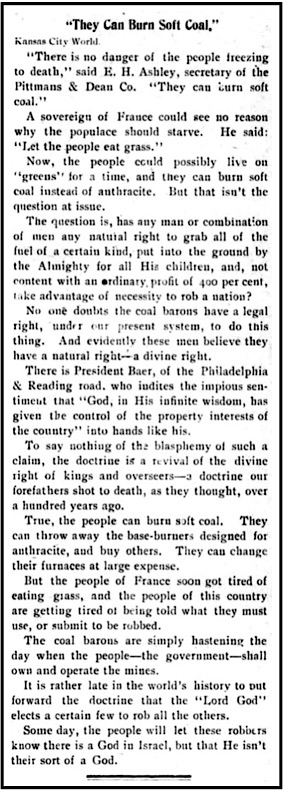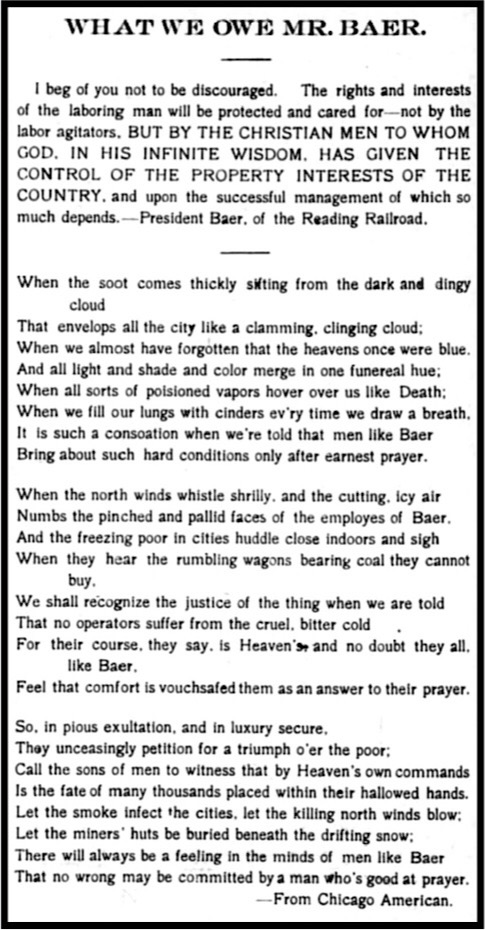 —————
—————
Hellraisers Journal – Tuesday April 21, 1903
Colorado City, Colorado –Mill and Smeltermen’s Union on Strike, Part II
From The Miners Magazine of April 1903:
THE STRIKE IN COLORADO CITY.
[Part II of V: W. F. of M. Attempts to Negotiate]
Previous to the strike being declared, the following letter was presented to the mill managers by the Mill and Smeltermen’s union of Colorado City:
We respectfully present for your consideration a schedule relating to employment and wages in and about the mills. This schedule has been carefully considered by members of the Colorado City Mill and Smeltermen’s union No. 125, W. F. M., and they deem it a fair and reasonable minimum scale for the services in the various lines of work, and inasmuch as throughout the immediate surrounding places a like or higher scale is in effect, it is evident that both the employer and the employes regard a scale not lower than the one presented as just and equitable. Should there be any part of the schedule, however, which appears to you as not being fair and just, we will be glad to take the matter up with you, and assure you of our willingness to look at things from the company’s standpoint as well as our own, and do that which will promote harmony and justice.
We are greatly aggrieved over the discharge of individuals who have been, so far as we are informed, faithful employes of the company, and the only reason for their dismissal being the fact of their membership in this union.
We do not object to the company discharging men whose services as workmen are unsatisfactory. We are not now, nor do we intend to uphold incompetent men nor insist that they be either employed or retained in the employment of the company, but we must protect the men in their rights to belong to the union, even to the extent of discontinuing to work for any company which so discriminates against them.
Realizing that you will require some time to consider the accompanying scale, the committee will call upon you on the 25th inst. and expect a definite answer.
This letter was signed by the official committee of the union, but the letter received but little courteous consideration from the managers. When all overtures of the union failed to bring about an amicable adjustment of differences, the strike was declared as a last resort for justice. The mill managers exhausted every resource to fill the places of the strikers, but their efforts were unavailing. The governor then came to the rescue by recognizing the order of the sheriff, who wears the collar of the corporations. The Denver Post contains the following in its issue of March 6:
This is the telegram sent to the Colorado City mill managers by the Denver Post:
“Are you willing to submit to arbitration the trouble between your company and the mill workers employed by you, the arbitration board to be appointed by joint arrangement of parties involved? Please answer at our expense.
THE DENVER POST.
This is the reply:
“There is no trouble between our company and mill workers employed by us. Our employes are now and have been perfectly satisfied with wages and treatment. Wages paid by us more and hours of labor less than ore reducing plants with whom we compete. Our employes don’t ask to arbitrate. Our plants are full-handed and all our employes and plants require is protection from the violence of outsiders not employed by us. We would be pleased to have your representative visit our plants and fully investigate.
C. A. MACNEIL.
Vice President and General Manager
United States Reduction and Refining Company.

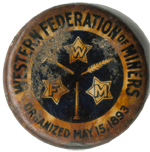
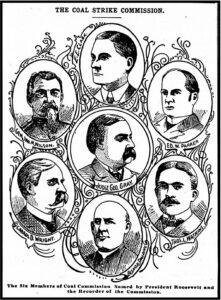
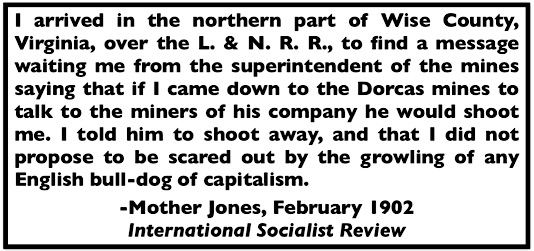 —————
—————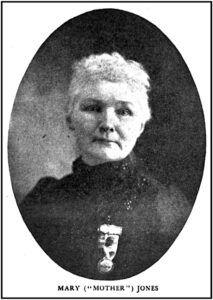
 —————
—————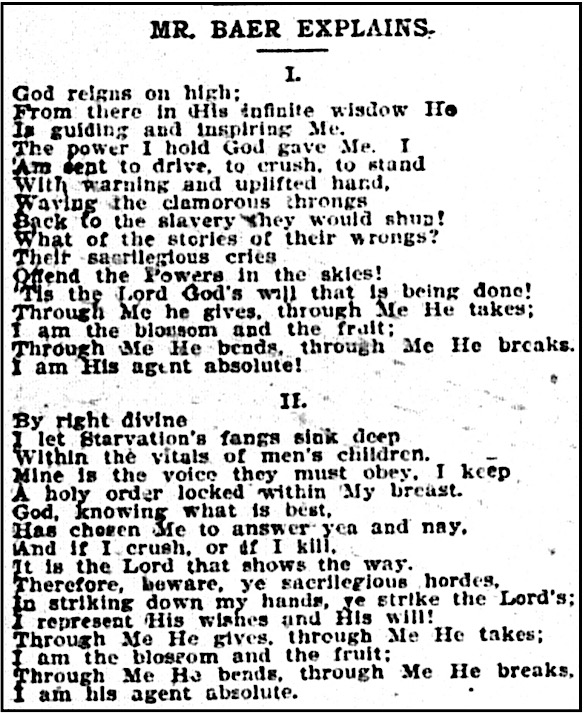
 —————
—————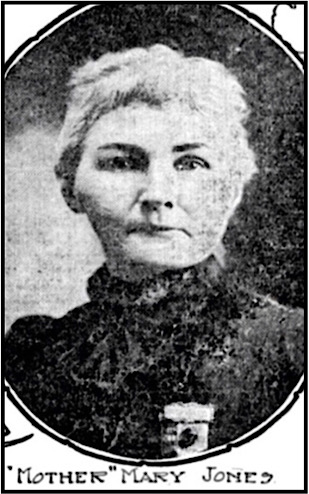
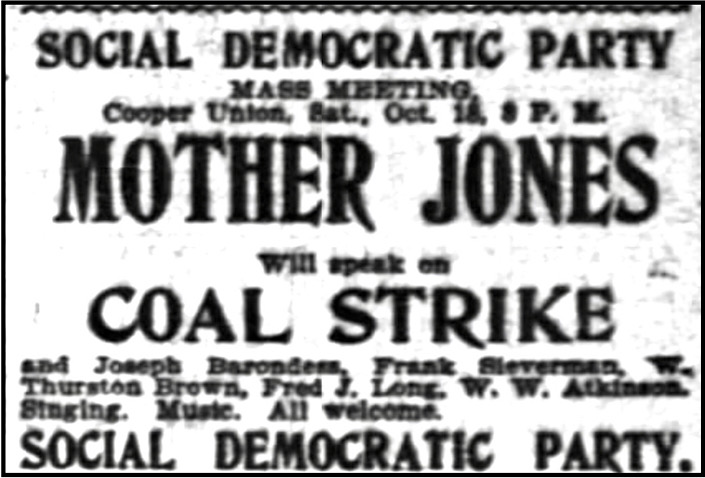
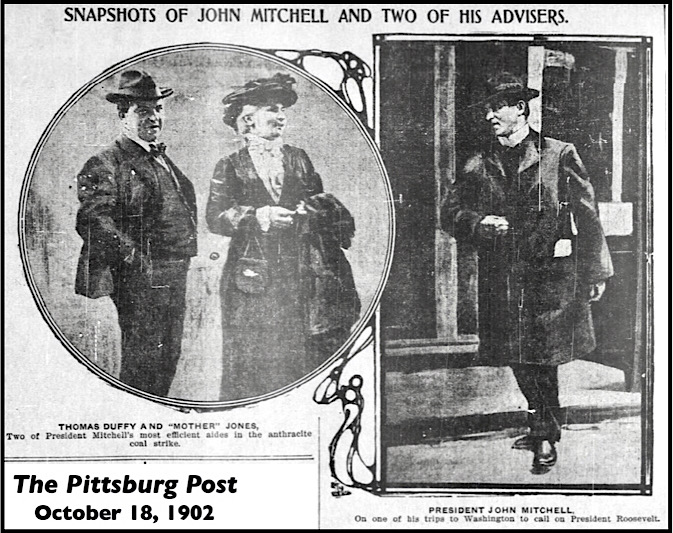
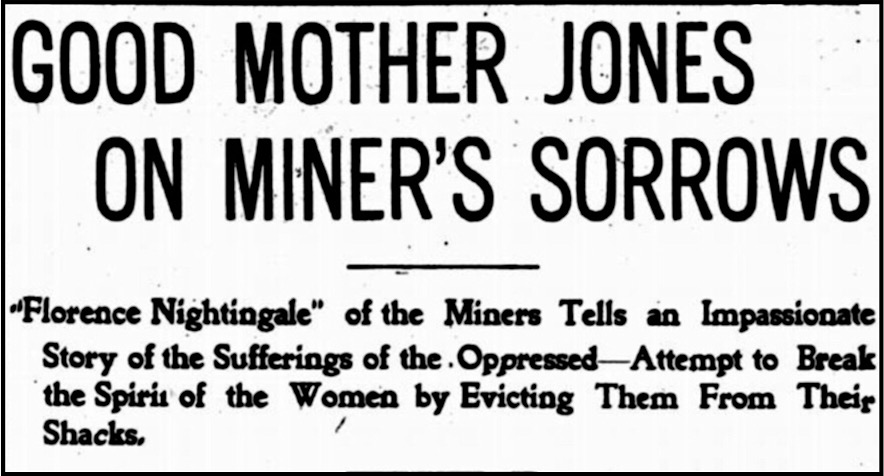
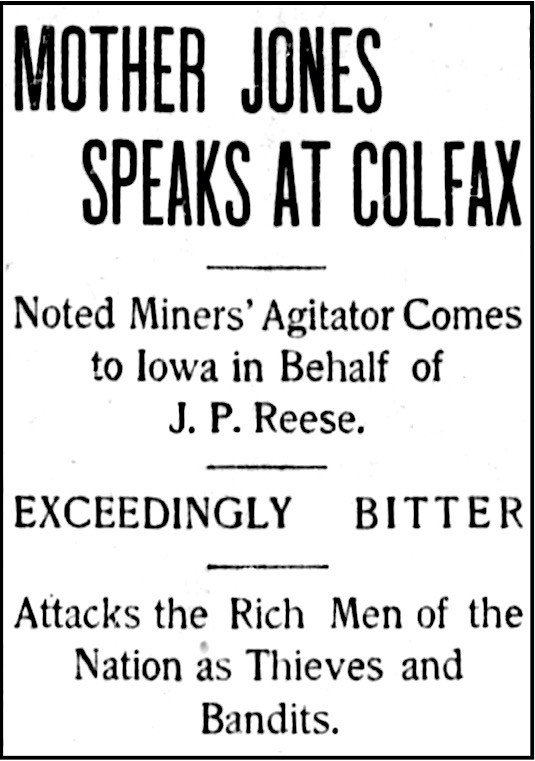
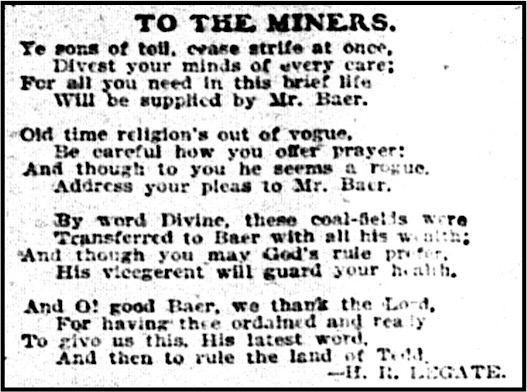
 —————
—————